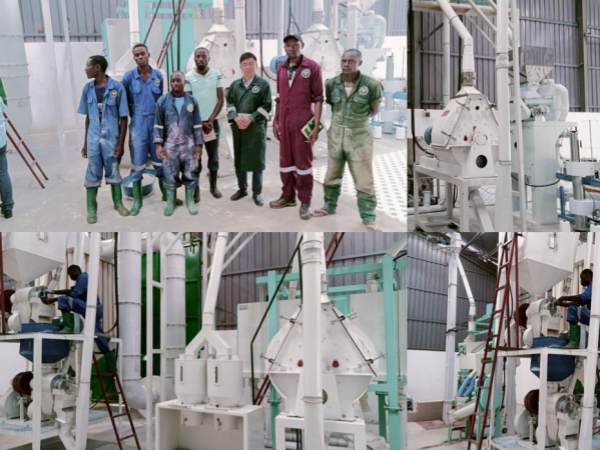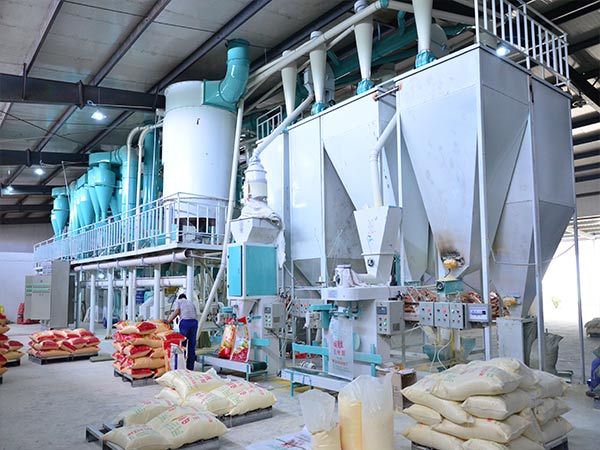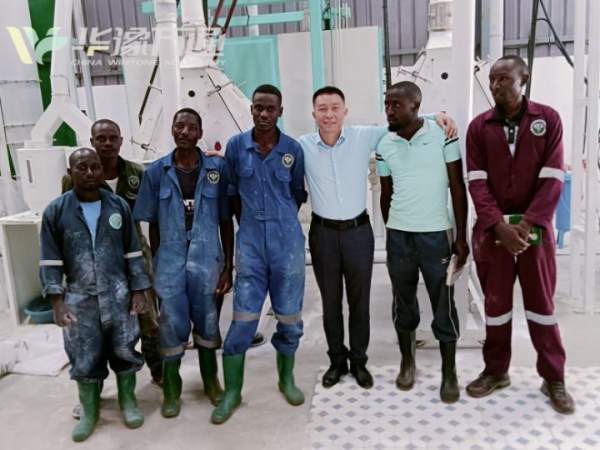Explore the potential of turn-key compact maize milling machines to revolutionize Malawi's maize processing sector. Discover the benefits and possibilities for growth....
In the landlocked country of Malawi, maize is not just a staple food; it is the lifeblood of the nation's agriculture and economy. The question on many minds is: Will turn-key compact maize milling machines be the catalyst that revolutionizes Malawi's maize processing sector?
The traditional methods of maize processing in Malawi have long presented challenges. Inefficient equipment, inconsistent quality, and limited scalability have hindered the growth and potential of this vital industry. But the emergence of turn-key compact maize milling machines offers a glimmer of hope and a potential for transformation.
These machines are a marvel of modern engineering and design. Their compact size belies their powerful capabilities. They are specifically tailored to meet the unique needs and circumstances of Malawi's maize processing landscape.

One of the most significant advantages is their ability to enhance productivity. With the capacity to process larger quantities of maize in a shorter time, these machines can meet the increasing demand for maize products. This not only ensures a stable supply for local consumption but also opens up opportunities for export, boosting the country's economic prospects.
The quality of the processed maize is another area where a remarkable difference can be witnessed. The precise and controlled milling process of these machines results in a consistently fine and uniform texture of the maize flour. This superior quality can lead to higher market value and greater consumer satisfaction.

For small-scale farmers and local entrepreneurs, these machines are a game-changer. They provide an accessible and affordable means to add value to their maize harvest. Instead of selling raw maize at lower prices, they can now process it into flour and other value-added products, increasing their income and improving their livelihoods.
Furthermore, the turn-key aspect simplifies the entire process. These machines arrive ready for installation and operation, eliminating the need for complex setup procedures and extensive technical knowledge. This means that even those with limited technical expertise can quickly and easily get the machines up and running.
The impact on employment is also substantial. The increased production and operation of these machines create new job opportunities in various areas such as machine operation, maintenance, packaging, and distribution. This helps to reduce unemployment and provides a source of income for many in the community.

In terms of sustainability, these machines are often designed to be energy-efficient, reducing the reliance on traditional energy sources and minimizing the environmental impact. They also promote local processing, reducing the carbon footprint associated with long-distance transportation of maize.
However, to fully realize the potential of these machines, there are certain challenges that need to be addressed. Adequate training and education on the operation and maintenance of the machines are crucial. This ensures that they are used effectively and their lifespan is prolonged.
Infrastructure improvements are also necessary to support the increased production and distribution of maize products. This includes better roads for transportation and reliable power supply to keep the machines running smoothly.
Government policies and support play a vital role. Incentives for investment in these machines, access to financing, and the creation of a favorable business environment can accelerate the adoption and widespread use of turn-key compact maize milling machines.
In conclusion, the potential of turn-key compact maize milling machines to revolutionize Malawi's maize processing sector is immense. With the right strategies, investments, and support, these machines can transform the agricultural landscape, drive economic growth, improve food security, and create a more prosperous future for the people of Malawi.






